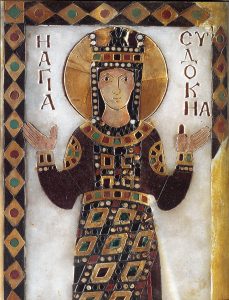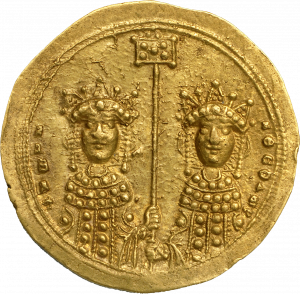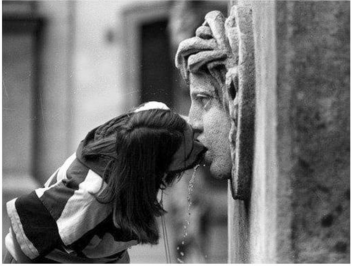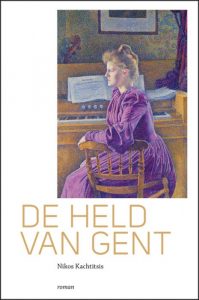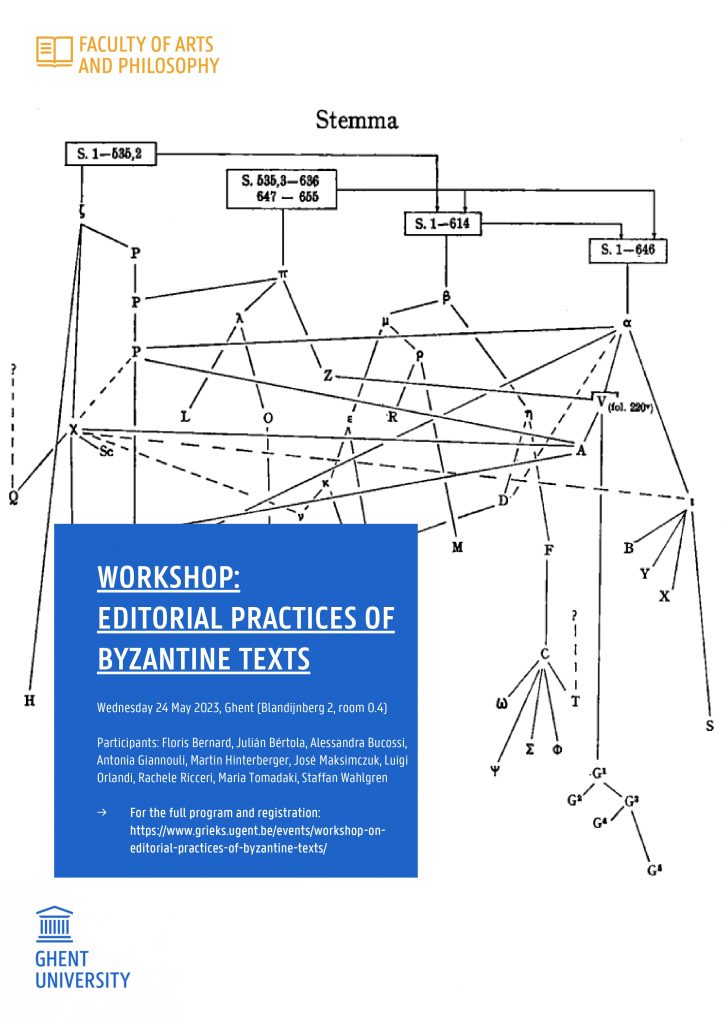The Greek department of Ghent University offers a two-day course in Greek palaeography in collaboration with the Research School OIKOS. The course is intended for MA, ResMA and doctoral students in the areas of Classics, Ancient History, Ancient Civilizations and Medieval studies with a good command of Greek. It offers a chronological introduction into Greek palaeography from the Hellenistic period until the end of the Middle Ages and is specifically aimed at acquiring practical skills for research involving literary and documentary papyri and/or manuscripts. We will also provide the unique opportunity to read from original papyri in the papyrus collection of the Ghent University Library and become familiar with the ongoing research projects at Ghent University.
Programme
The course is set up as an intensive two-day seminar. Five lectures by specialists in the field will give a chronological overview of the development of Greek handwriting, each followed by a practice session reading relevant extracts from papyri and manuscripts in smaller groups under the supervision of young researchers.
Monday, May 22
9:30 Welcome with coffee
10:00 Introduction
10:30-11:45 Papyri of the Ptolemaic and Roman period (Dr. Joanne Stolk)
11:45-13:00 Practice with papyri of the Ptolemaic and Roman period
13:00-14:00 Lunch break
14:00-14:30 Presentation of papyri from the collection of the Ghent University Library (Serena Causo)
14:30-15:45 Papyri of the Byzantine period (Dr. Yasmine Amory)
15:45-17:00 Practice papyri of the Byzantine period
19:00 Dinner (optional)
Tuesday, May 23
9:00-10:15 Majuscule and early minuscule bookhands (4th-9th centuries) (Dr. Rachele Ricceri)
10:15-11:30 Practice majuscule and early minuscule bookhands
11:30-12:00 Coffee break
12:00-13:15 The development of minuscule script (10th-12th centuries) (Prof. dr. Floris Bernard)
13:15-14:15 Lunch break
14:15-15:30 Practice minuscule script of the 10th-12th centuries
15:30-16:00 Coffee break
16:00-17:15 Manuscripts and scholars of the Palaeologan period (13th-15th centuries) (Prof. dr. Andrea Cuomo)
17:15-18:30 Practice manuscripts of the Palaeologan period
The teaching staff also includes Antonia Apostolakou, dr. Julián Bértola, Serena Causo, Anne-Sophie Rouckhout, Ricarda Schier, Nina Vanhoutte and dr. Grigory Vorobyev.
Practical information
The study load is the equivalent of 2 ECTS (2×28 hours). Participants will be asked to read up on secondary literature in preparation for the seminar (distributed several weeks before the course). Extra material will be handed out during the course in order to continue to improve your reading skills afterwards.
There are no fees for participation in this course. Lunches and coffee on both days are provided free of charge. There is an optional dinner on Monday at your own expense. Travel costs and accommodation in Ghent are also at your own expense.
Registration
Please register by sending an e-mail with a short motivation (including your background, research interests and why you would like to follow this course) to yasmine.amory@ugent.be. Priority is given to OIKOS doctoral students and those who did not have the opportunity to follow course(s) on palaeography before. Registration closes by the final deadline of March 1st, 2023. Successful applicants will be notified soon afterwards.
Workshop on Editorial Practices of Byzantine texts
We would like to draw your attention to a scientific workshop which will be organized in tandem with the Crash Course. This one-day workshop will take place in Ghent immediately following after the Crash Course (Wednesday May 24th) and will be devoted to editorial practices of Byzantine texts. It is organized by Julián Bértola and Floris Bernard (who are also teachers at the Crash Course). Experts will share experiences and insights concerning critical editions of Byzantine texts and manuscripts. The program will be circulated soon. Crash Course participants are warmly invited to stay one day longer in Gent and make use of this opportunity to attend this scholarly conference.
